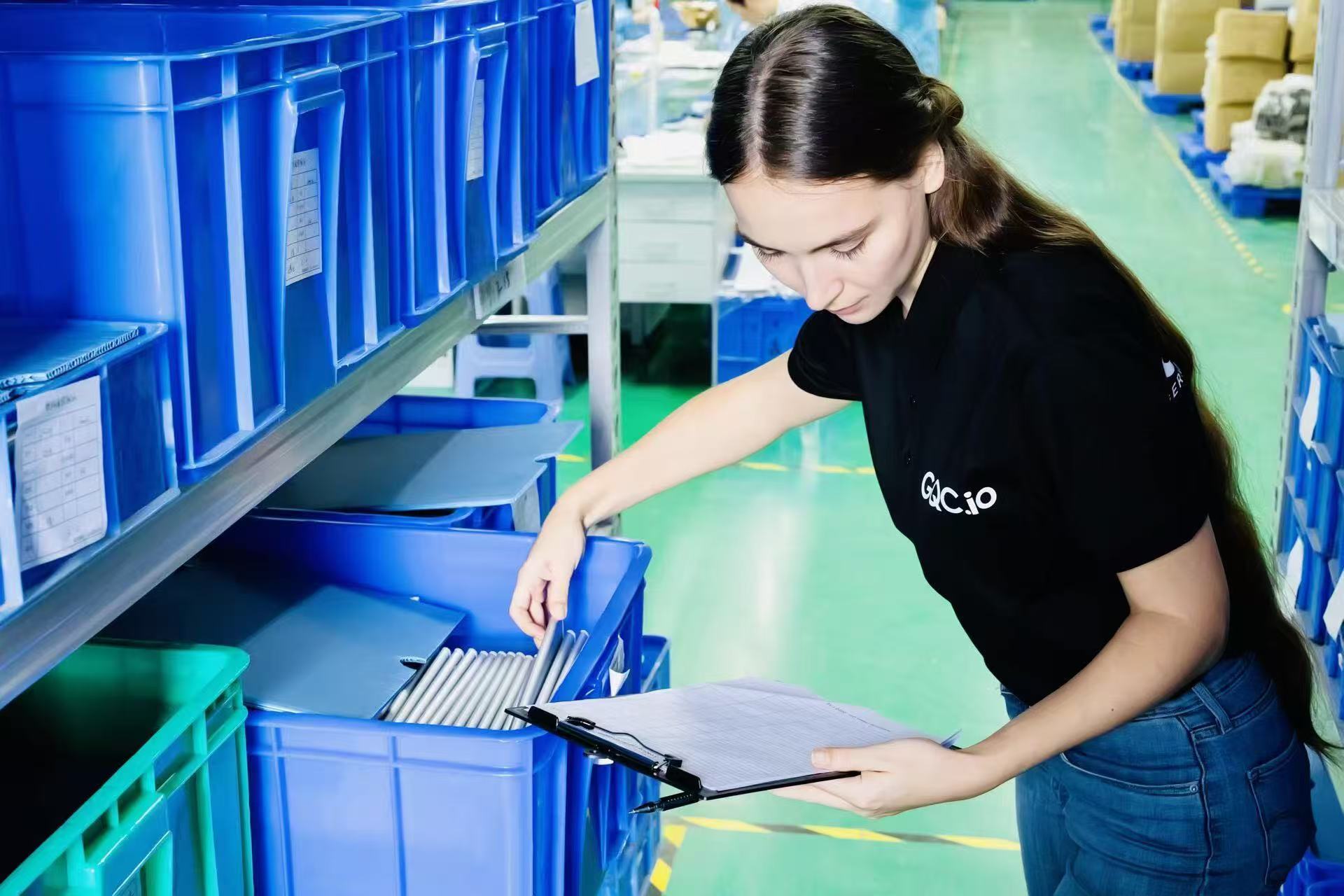Many buyers assume that a supplier with wide range of certificates is automatically a safe choice. While certifications such as ISO 9001, BSCI, or CE marking can be important indicators, they do not guarantee consistent quality. BSCI, for example, relates to social compliance, covering areas like working conditions, employee rights, and ethical standards, but it does not assess the quality of the products or the manufacturing processes themselves.
Certificates can also be misleading if they are outdated, not verified, or issued by questionable bodies. In some cases, suppliers may hold certifications for one facility but produce your goods in another location without the same standards. There is also the risk of documentation being altered.
Even with valid certificates, issues can arise. For example, a factory might pass an ISO audit yet fail to maintain those systems over time. In the case of product certifications like CE marking, standards may have changed since the initial approval, or suppliers may substitute components that no longer comply. These changes often go unnoticed unless there is active monitoring in place.
The most effective way to ensure ongoing quality is to treat certificates as a starting point rather than a final assurance. Conducting regular audits, inspections, and product testing provides real visibility into whether your supplier is still meeting both compliance requirements and your specific quality expectations. Certificates can open the door, but consistent verification keeps that door from closing unexpectedly.
If you want to protect your supply chain and ensure both compliance and quality, GQC.io can help. Contact us at info@gqc.io or visit GQC.io.




